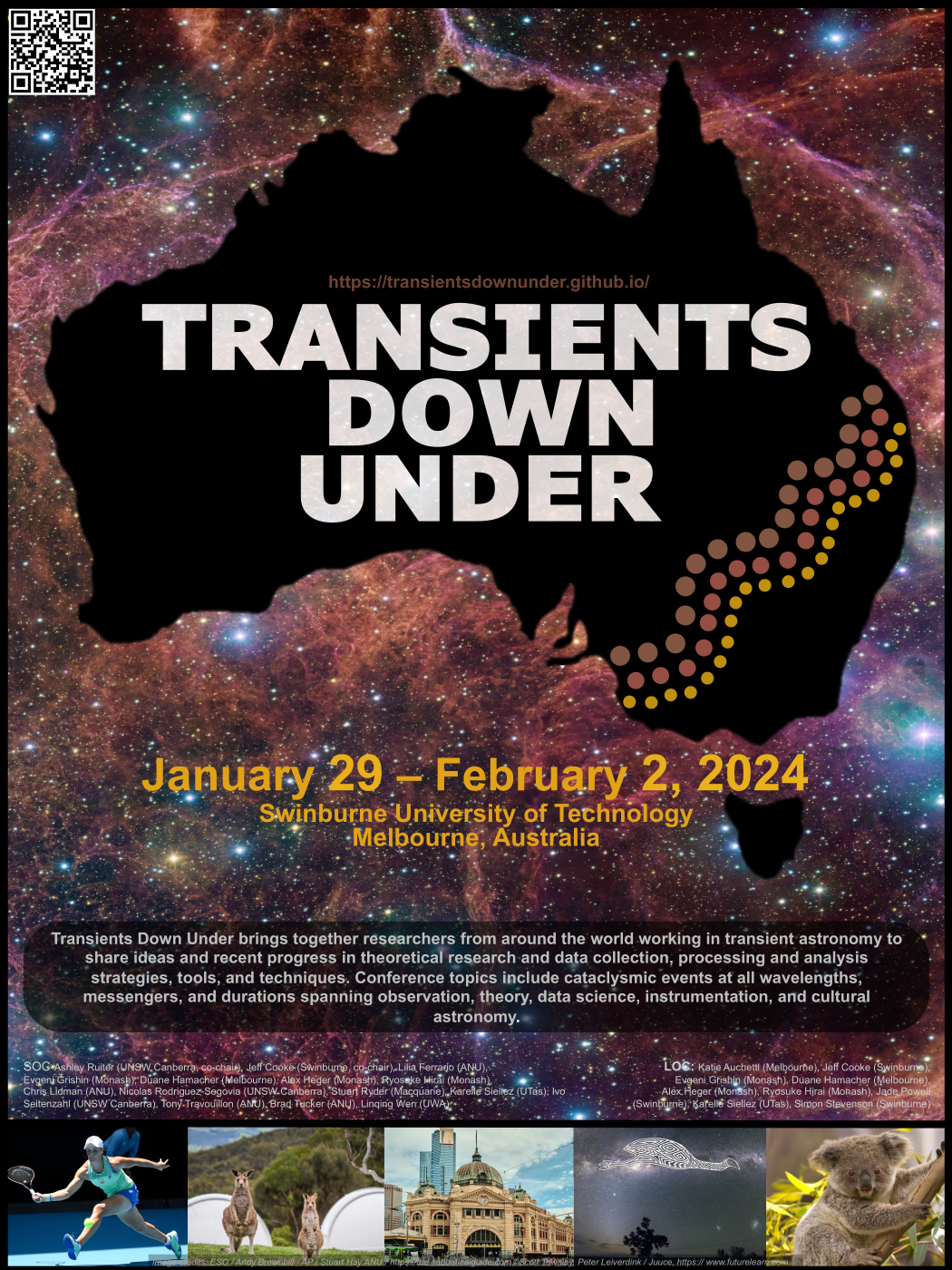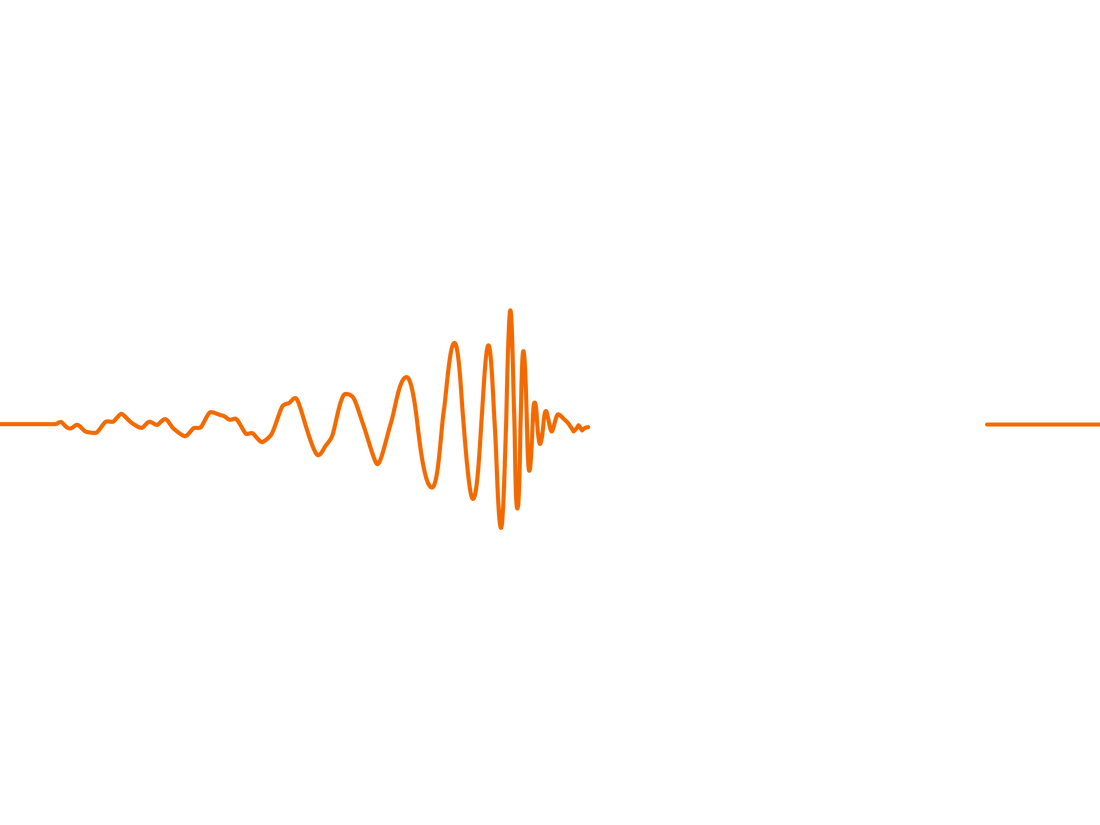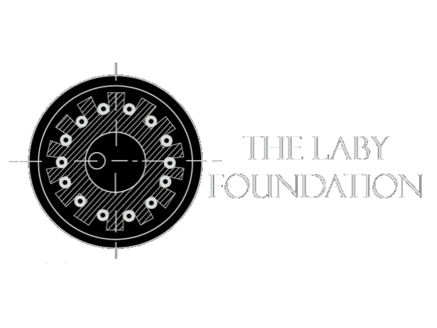About

Transient astronomy has seen accelerated growth and progress in the last two decades that has led to a more complete understanding of known transient phenomena and the discovery of new event classes at all wavelengths and messengers. These data have provided new insight into stellar evolution, cosmology, condensed matter, extreme energy physics, heavy element creation, cosmic chemical enrichment, the evolution of structure formation and ionised content of the Universe, among other things. Transient astronomy is time-sensitive and requires the capabilities and coordination of various observational facilities worldwide. Transients exhibit a wide range of physical processes and the wholesale discovery of transients and the discovery of new classes feed and challenge theoretical models and place unique demands on current and future instrumentation, data handing, processing, and analysis. As a result, international collaborations are essential to acquire and interpret the data to progress the field and our understanding of the Universe.
Transients Down Under brings together researchers from around the world working in transient astronomy to share ideas and recent progress in theoretical research and data collection, processing and analysis strategies, tools, and techniques. Conference topics include cataclysmic events at all wavelengths, messengers, and durations spanning observation, theory, data science, instrumentation, and cultural astronomy.
The abstract deadline was extended until Sept 20. We have received >190 submissions! The SOC will let applicants know whether their abstract has been selected for a talk by October 21. To accommodate the large interest and maximise the number of talks, the SOC have decided to run some of the sessions in parallel. More info coming soon!
E-mail Announcements
- First e-mail Announcement (20.06.2023)
- Second e-mail Announcement (17.08.2023)
- Third e-mail Announcement (12.01.2024)
Confirmed Invited Speakers in alphabetical order (as of January 2nd)
- Gemma Anderson (Curtin, Australia)
- Ghillar Michael Anderson (Euahlayi Elder, Australia)
- Iair Arcavi (Tel Aviv, Israel)
- Matthew Bailes (Swinburne, Australia)
- David Buckley (SAAO, South Africa)
- Manisha Caleb (U Sydney, Australia)
- Tamara Davis (U Queensland, Australia)
- Orsola De Marco (Macquarie, Australia)
- Laura Driessen (U Sydney, Australia)
- Jan Eldridge (Auckland, New Zealand)
- Francisco Förster (Universidad de Chile, Chile)
- Duncan Galloway (Monash, Australia)
- Jarita Holbrook (Edinburgh, UK)
- Thomas Janka (MPA, Germany)
- Manoj Kovalam (UWA, Australia)
- Keiichi Maeda (Kyoto U, Japan)
- Anais Möller (Swinburne, Australia)
- Friedrich Röpke (HITS/Heidelberg University, Germany)
- Ken Shen (Berkeley, USA)
- Lilli Sun (ANU, Australia)
- Tony Travouillon (ANU, Australia)
SOC
LOC
Contact
transientsdownunder2024 [at] gmail . com
Code of Conduct
You can find the Code of Conduct within this linked document.
A really brief outline:
- Behave professionally.
- All communication should be inclusive and appropriate for a diverse professional scientific audience.
- Be considerate and respectful to others.
Social Media
If you would like to post about the conference on social media, please use the hashtag #AstroTDU
Sponsors


